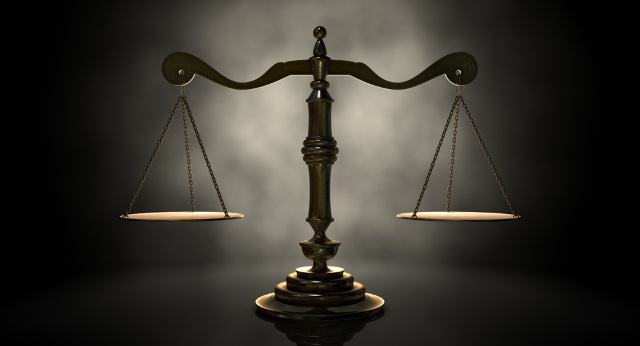EFF joins dozens of groups to create global coalition to fight for net neutrality

The net neutrality debate has been rumbling on for some time now. Barack Obama even waded into things recently by giving his backing to campaigns that suggest all web traffic should be treated equally. But the US president is far from being the only big name speaking out against the two-tier internet that some providers would like to see created.
Now the Electronic Frontier Foundation (EFF) -- a group involved in many online campaigns and whose tagline is "defending your rights in the digital world" -- is joining forces with other equality advocates, including Greenpeace, to create a global coalition fighting for net neutrality. The latest campaign is a concerted effort to ensure that the internet is not transformed into something that delivers a poorer service to certain customers.
Thus far, the various campaigns for net neutrality have been uncoordinated and designed with slightly differing aims in mind. The idea behind setting up a coalition was to put up a unified front, and the EFF makes it clear that this is an issue affecting not only those in the US, but also people in Europe and other parts of the world.
One of the first tasks of the coalition was to decide on a definition of net neutrality. This chosen definition is:
Net neutrality requires that the Internet be maintained as an open platform, on which network providers treat all content, applications and services equally, without discrimination.
Josh Levy, Advocacy Director at Access, said: "This dynamic coalition shows the importance of net neutrality to every internet user around the world. The open internet remains a crucial driver of education, expression, innovation, health, and creativity; every internet user everywhere deserves equal access to this revolutionary medium. Advocates and decision makers around the world are watching the contentious net neutrality debates in the US and the EU. The decisions made in those regions will set global precedents for how to ensure and protect a neutral, non-discriminatory internet".
The coalition recognizes that ISPs may need to structure traffic in such a way that, for example, voice calls can be placed without interruption, but suggests that this is where traffic shaping should end. "These measures must not be used as a pretext to police communications on their networks, to bestow unfair commercial advantages on their own or particular third-party content, or to create a walled garden where only certain applications, services or protocols are welcome".
Photo credit: albund / Shutterstock
